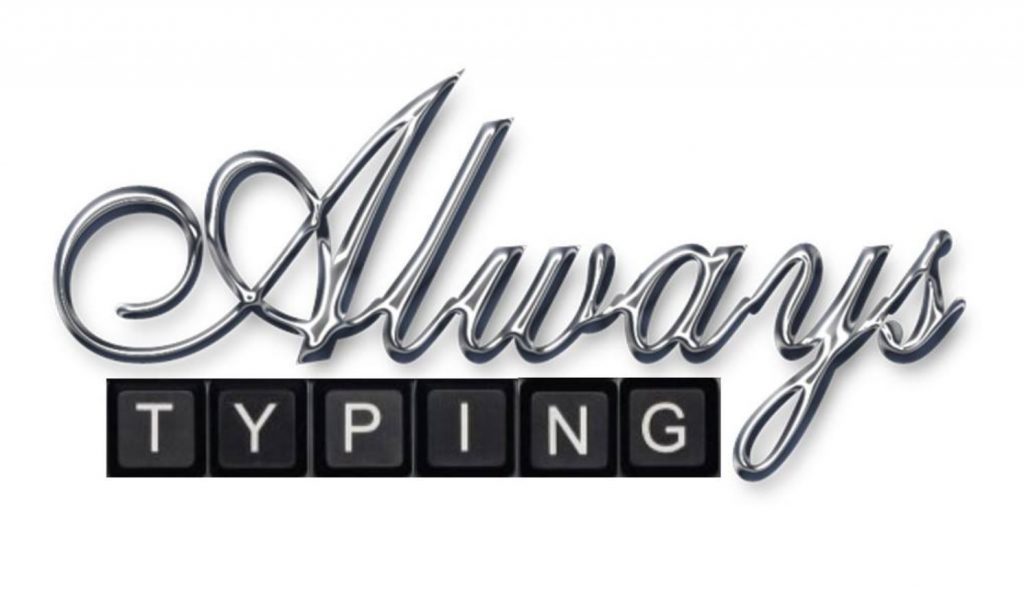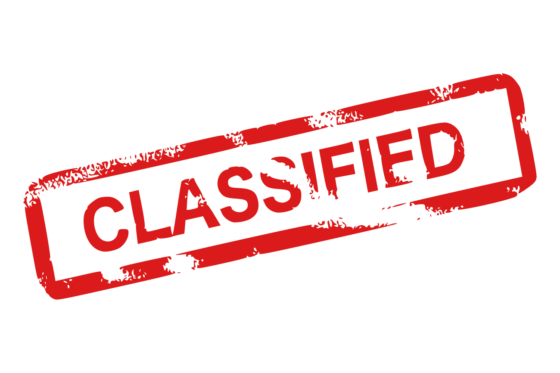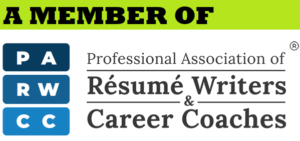Getting security clearance for your job might seem complicated. But don’t worry; this guide is here to help you understand the basics. Whether you’re just starting to apply for a job that needs security clearance or you want to know more about it, this guide gives you a simple overview of what you need to know.
Table of Contents
ToggleUnderstanding Security Clearance and Why It Matters
The whole idea of security clearance can be a bit puzzling, and you might wonder why it’s such a big deal. Well, if you’re aiming for a job that requires security clearance, it’s vital to get the hang of it.
Getting a security clearance matters for several important reasons:
Access to Classified Information: Security clearance is a prerequisite for accessing classified or sensitive information. Many government agencies and organizations deal with confidential data related to national security, defense, intelligence, and more. Having a security clearance demonstrates that you can be trusted with this sensitive information.
Job Requirements: Some jobs, especially those in government, defense, intelligence, or roles involving critical infrastructure, mandate security clearance as a job requirement. Without it, you may not be eligible for these positions.
Career Opportunities: Having security clearance can open doors to a wide range of career opportunities in both the public and private sectors. Jobs that require security clearance often come with competitive salaries and benefits.
National Security: Security clearances help ensure that individuals working in sensitive roles are loyal, trustworthy, and reliable. This safeguards national security interests by reducing the risk of espionage, leaks, or unauthorized access to classified information.
International Travel and Collaboration: Security-cleared individuals may be required to collaborate with international partners or travel to secure locations. Security clearance facilitates international cooperation and ensures that classified information is handled appropriately.
Personal and Professional Growth: Obtaining and maintaining security clearance can be a mark of professional achievement and integrity. It demonstrates your commitment to upholding the highest standards of ethics and trustworthiness.
Understanding the Spectrum of Clearance Levels
Security clearance isn’t a one-size-fits-all credential; it encompasses three distinct levels, each tailored to the specific responsibilities and duties they entail:
- Confidential: This is the lowest level, used for less sensitive jobs.
- Secret: A bit more serious, this is for jobs with somewhat sensitive information.
- Top Secret: The highest level, for very important jobs dealing with super sensitive stuff.
Keeping Tabs with Periodic Reinvestigations
For jobs requiring Secret or Top Secret clearance, HR doesn’t just grant it and forget about it. They periodically check to make sure you’re still a good fit for the clearance. Here’s how it works:
Background Rechecks: HR may revisit your background to see if anything has changed since you first got clearance. They want to ensure you’re still trustworthy.
Interviews and Updates: Sometimes, they’ll talk to people who know you, like friends or coworkers, to make sure you’re still dependable and haven’t gotten involved in anything risky.
Ongoing Evaluation: HR keeps an eye on your conduct, both at work and in your personal life, to ensure you’re maintaining the level of integrity required for your clearance.
This periodic check-up is all about making sure that as circumstances change, your clearance still aligns with your role. It’s like a safety net to protect sensitive information and maintain national security.
Evaluating the Factors Influencing Your Security Clearance
Gaining security clearance isn’t just a procedural formality; it involves a meticulous assessment of various factors, including:
Your Character: They want to know if you’re a stable, trustworthy, reliable, and honest person. They check if you make good decisions and stay loyal to the United States.
Background Checks: They dig into your past to see if there’s anything that might raise concerns. They talk to people who know you and look at your records.
Fingerprint Analysis: They use your fingerprints to confirm your identity and check if you have a clean record.
And here’s an important point: They don’t care about things like your race, color, religion, sex, sexual orientation, or disabilities when they decide if you can get security clearance. It’s all about your behavior and trustworthiness.
How to Apply for Security Clearance
When you’re all set to start your new job, you’ll need to go through a process to get security clearance. It involves a few important steps:
Fill Out Forms: You’ll have to fill out a bunch of forms, sort of like paperwork. This collection of forms is often called the “security package.”
Background Checks: They’ll look into your history to make sure everything checks out. This includes checking your records and talking to people who know you, like friends and coworkers. They might also use your fingerprints to double-check your identity.
Interviews: You might need to chat with some people about your life and work. It’s like a friendly conversation to learn more about you.
Determining Eligibility: After all these checks, they decide if you’re good to go for security clearance. It’s like getting a green light.
Getting the News: If you’re eligible, they’ll let you know, so you’re in the clear to start your job. If not, they’ll tell you why.
So, getting security clearance involves a bunch of steps to make sure you’re the right fit for the job.
Why Some People Don’t Get Security Clearance
Sometimes, people can’t get security clearance for certain reasons. Here are some common ones:
- Money Problems: When you’re responsible for handling sensitive information, they want to be sure you won’t be influenced by financial troubles. If you have a lot of debt or struggle to manage your finances, you might be seen as vulnerable to financial pressures. People in such situations could potentially be tempted to share secrets for financial gain or relief from their debts. So, they check to make sure you have your financial house in order.
- Bad Behavior: Security clearance is all about trustworthiness. If you’ve been dishonest in the past, especially when it comes to important things like filling out forms truthfully, they might question whether you’re honest enough for the job. Honesty is crucial because they need to rely on you to keep secrets.
- Criminal Stuff: Criminal activities raise concerns about your judgment and reliability. If you’ve been involved in illegal activities, it can create doubts about whether you can be trusted with sensitive information. They need to ensure that you won’t engage in any unlawful actions that could compromise national security.
- Foreign Connections: Having close ties to governments or organizations in other countries can be a risk. They worry that these connections could lead to conflicts of interest or make you susceptible to foreign influence. In positions that involve national security, it’s crucial to put the interests of the United States first. So, they examine your foreign relationships to ensure they won’t compromise your loyalty to the U.S.
In essence, these factors can get in the way of obtaining security clearance because they raise concerns about your trustworthiness, judgment, and loyalty. Security clearance is granted to individuals who demonstrate the highest level of integrity and commitment to safeguarding national security interests.
How Long It Takes to Get Security Clearance
Getting security clearance can take a while, and the time it takes depends on how much clearance you need. Here’s a breakdown:
Quick Clearance: Sometimes, you might get clearance in just three weeks if it’s not too complicated.
Longer Wait: But for more important jobs, it can take up to a whole year to get clearance. It’s because they want to be really sure about you.
Why It Can Take a While:
There are some things that can slow down the process:
Forms Not Complete: If you don’t fill out all the forms correctly, it can make things take longer.
Fingerprint Mistakes: If there are problems with your fingerprints, they’ll need more time to sort it out.
Lots of Checks: If they need to investigate a lot of things, especially if you’ve been overseas, it can stretch out the timeline.
So, it’s important to be careful and make sure all your paperwork is in order to speed things up.
When You Can Start Work Even Before Full Clearance
Sometimes, you might need to start your job quickly, but full security clearance can take some time. In those cases, they have a solution called ‘interim determinations.’
Here’s How It Works:
Getting Started Quickly: If your job can’t wait for the full security clearance, your boss or the DSS (Diplomatic Security Service) might give you temporary permission to start working.
Waiting for Final Clearance: You’ll still need to go through all the clearance checks, but you can start your job right away. It’s like a temporary green light until they finish all the checks.
So, interim determinations let you begin your job while they make sure everything’s okay for the long term.
Additional Resources
Should you require further information or wish to explore the intricacies of security clearance in greater detail, there are additional resources available to assist you. The U.S. Department of State’s website, in particular, offers an extensive repository of knowledge to dive deeper into the complexities of security clearance.
Ready to showcase your security clearance with confidence?
Elevate your career prospects by leveraging our expert resume-writing services to highlight your valuable security clearance prominently, ensuring you stand out to potential employers.



